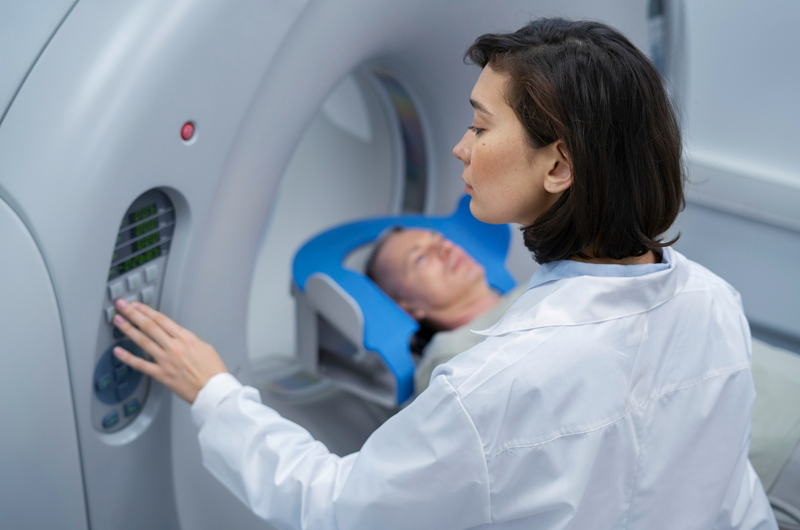Computed Tomography (CT) scans and services are crucial when it comes to radiology billing for Medicare. During the 2014 reporting period for the Comprehensive Error Rate Testing (CERT) program, it was found that insufficient documentation resulted in more than 94 percent of improper payments and CT scans alone had an improper payment rate of 13 percent. Radiology is already a complicated area since most procedures require physician’s order. In such a scenario, let us see how to prevent claim denials for CT scans and obtain proper payments at the right time.
It was revealed during the reporting period for the CERT program that insufficient documentation is nothing but something missing from the medical records. Another crucial finding was that missing orders resulted in more than half of the payment denials. This means incomplete documentation is the main reason behind claim denials for CT scans. CMS gives the following recommendations for hospitals, physicians and other providers to ensure proper documentation and avoid claim denials.
- Ensure that order from the ordering physician is signed, and retain a copy of that signed order
- Document that you have performed a CT scan in your medical record
- Retain a copy of the CT scan report from either the radiologist or interpreting physician
- When you receive a documentation request from a Medicare review contractor, you should submit the following:
- The order from the ordering physician
- The ordering physician’s progress notes or other medical record entries (for example, medical history, physical examination) documenting why the CT scan is required
- The medical record entries made at the time of CT scan
- The report of the CT scan from the radiologist or interpreting physician
Medical Necessity
Medical necessity is very important when filing claims for CT scans and it depends upon coverage. You should be familiar with Medicare’s national coverage determination, NCD 220.1, according to which CT scans must be medically appropriate considering the symptoms and preliminary diagnosis of the patient. It is also quite necessary to be familiar with Local coverage determinations (LCDs) for CT scans, which further defines the conditions for medical necessity.
Finally, appropriate radiology medical coding is also essential to avoid claim denials. There are separate CPT codes for CT scans depending upon which body part is scanned and with/without contrast (W/WO). Here are some examples:
- 74177: CT Abdomen and Pelvis W/ Contrast
- 74176: CT Abdomen and Pelvis W/O Contrast
- 74178: CT Abdomen and Pelvis W W/O Contrast
- 72131: CT Spine Lumbar W/O Contrast
- 72132: CT Spine Lumbar W/ Contrast
The appropriate diagnosis codes should be reported as well. Healthcare providers should perform a self-audit to identify coverage policies and coding errors before submitting the claims. As the ICD-10 implementation is near, providers must ensure smooth ICD-10 transition too.




